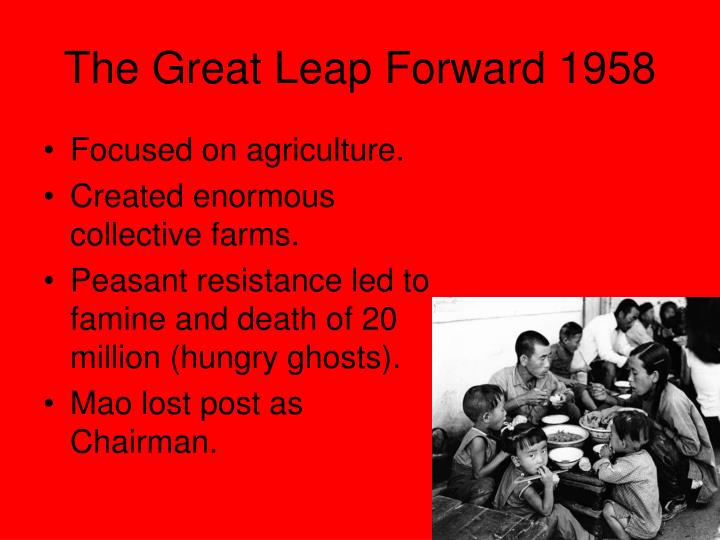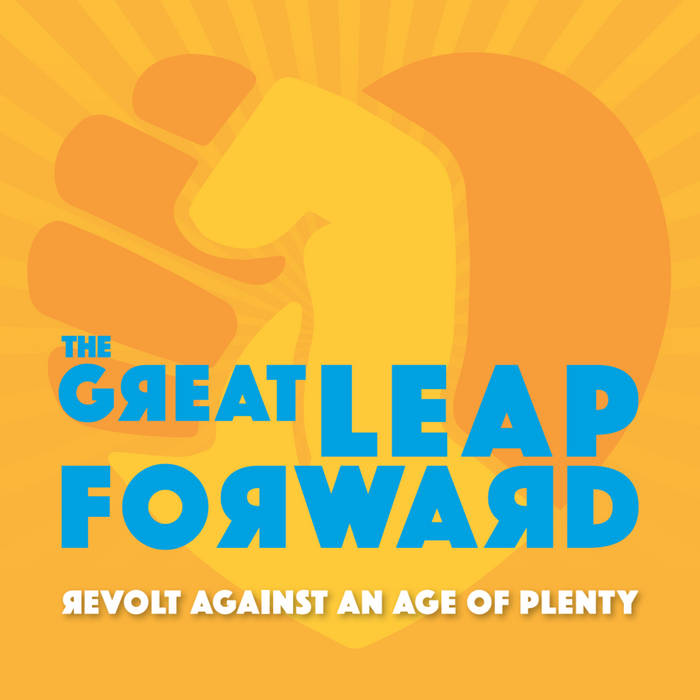

It also examines how miners and their families negotiated a 'mixed economy' of welfare, comprising family and community support, the Poor Law, and voluntary self-help as well as employer paternalism. The book then extends the discussion of responses to disability by examining the welfare provisions for miners with long-term restrictive health conditions. It turns its attention to the principal causes of disablement in the nineteenth-century coal industry and the medical responses to them. The book provides the context for those that follow by providing an overview of the conditions of work in British coalmining between 17. It discusses experiences of disability within the context of social relations and the industrial politics of coalfield communities. The book examines the economic and welfare responses to disease, injury and impairment among coal workers. If disability has been largely absent from conventional histories of industrialisation, the Industrial Revolution has assumed great significance in disability studies.

This book sheds new light on the human cost of industrialisation by examining the lives and experiences of those disabled in an industry that was vital to Britain's economic growth. In this context, subjects of empire provincialized the British Isles, centring the colonies in their political and cultural constructions of empire, Britishness, citizenship, and loyalty. Royal Tourists, Colonial Subjects, and the Making of a British World suggests that the diverse responses to the royal tours of the nineteenth century demonstrate how a multi-centred British-imperial culture was forged in the empire and was constantly made and remade, appropriated and contested. The book is a tale of royals who were ambivalent and bored partners in the project of empire colonial administrators who used royal ceremonies to pursue a multiplicity of projects and interests or to imagine themselves as African chiefs or heirs to the Mughal emperors local princes and chiefs who were bullied and bruised by the politics of the royal tour, even as some of them used the tour to symbolically appropriate or resist British cultural power and settlers of European descent and people of colour in the empire who made claims on the rights and responsibilities of imperial citizenship and as co-owners of Britain’s global empire. Royal Tourists, Colonial Subjects, and the Making of a British World, 1860-1911 examines the ritual space of nineteenth-century royal tours of empire and the diverse array of historical actors who participated in them. The book will appeal to students and academics interested in disability history, disability studies, social and cultural history, and representations of disability in literature.

It argues that, far from being excluded entirely from British industry, disability and disabled people were central to its development. The burgeoning coalfields literature used images of disability on a frequent basis and disabled characters were used to represent the human toll of the industry.Ī diverse range of sources are used to examine the economic, social, political and cultural impact of disability in the coal industry, looking beyond formal coal company and union records to include autobiographies, novels and oral testimony. And yet disabled people remained a constant presence in the industry as many disabled miners continued their jobs or took up ‘light work’. During this time, the statutory provision for disabled people changed considerably, most notably with the first programme of state compensation for workplace injury. The book considers the coal industry at a time when it was one of Britain’s most important industries, and follows it through a period of growth up to the First World War, through strikes, depression and wartime, and into an era of decline.

This book examines the British coal industry through the lens of disability, using an interdisciplinary approach to examine the lives of disabled miners and their families. However, the experiences of the many disabled people within Britain’s most dangerous industry have gone largely unrecognised by historians. Coalmining was a notoriously dangerous industry and many of its workers experienced injury and disease.


 0 kommentar(er)
0 kommentar(er)
